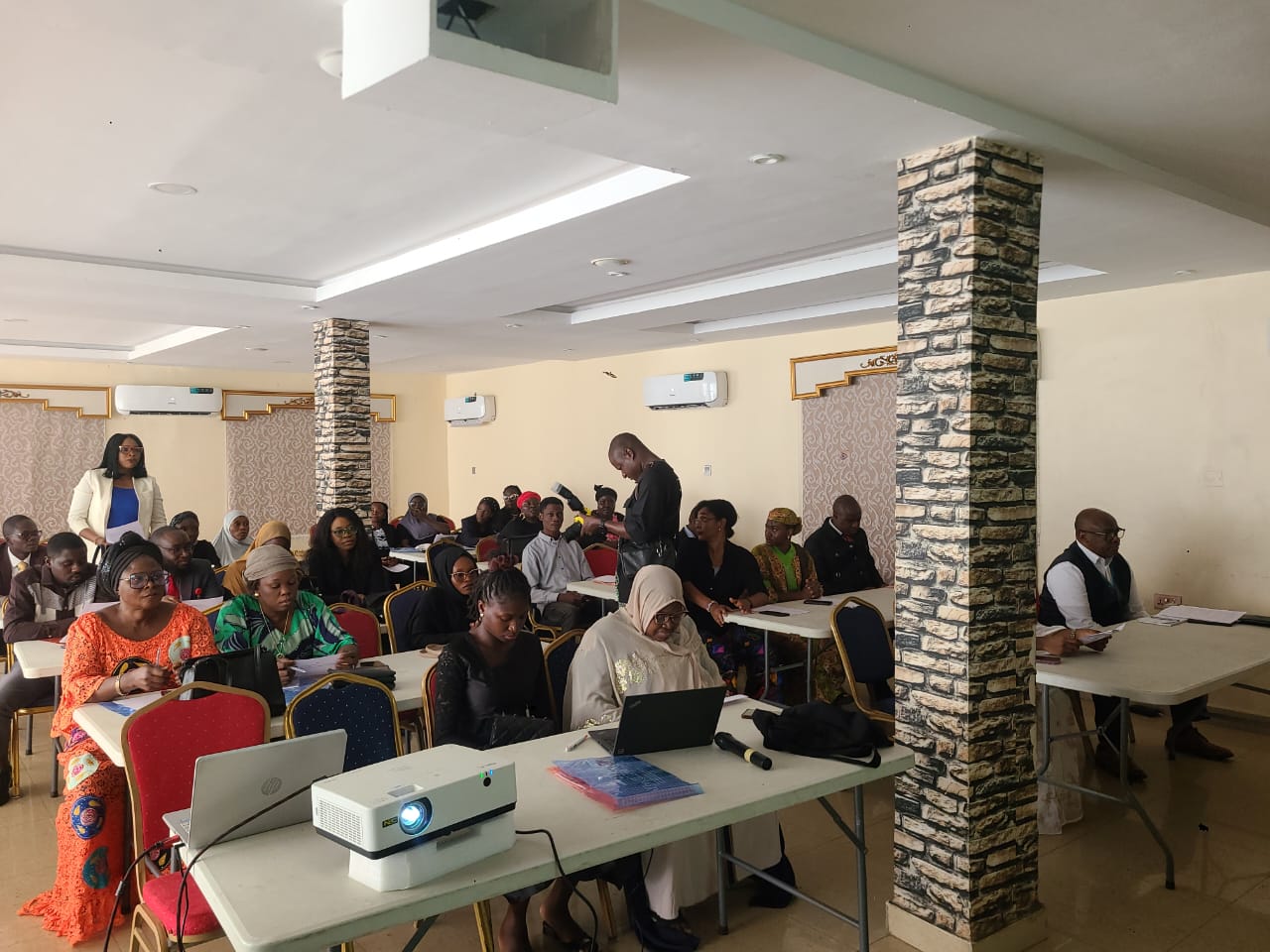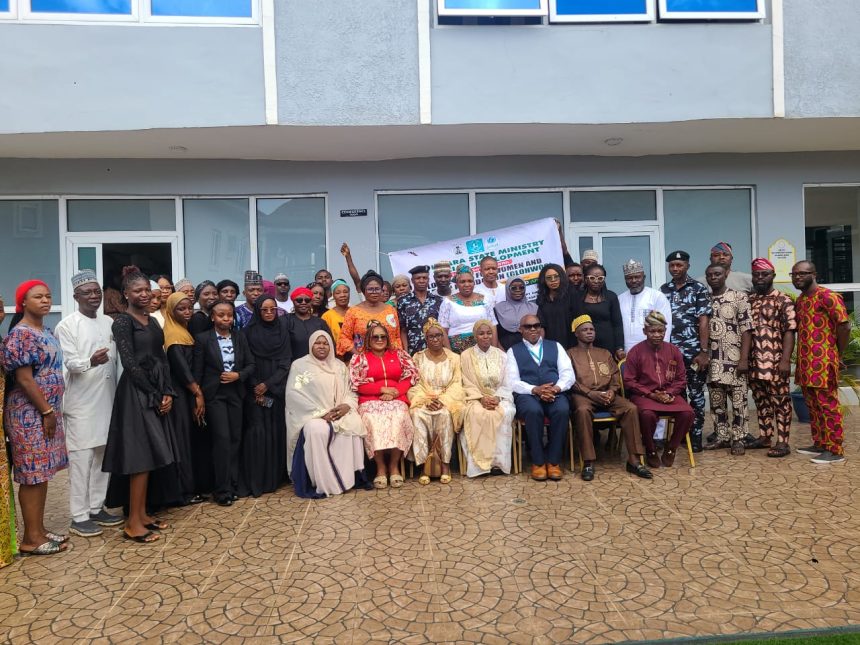From Taiye Joseph, Ilorin
Calls for urgent action to eliminate female genital mutilation (FGM) in Kwara State, have intensified, with the United Nations Children’s Fund (UNICEF), urging the State Government to establish an emergency fund to fight the practice, which continues to endanger the lives of girls.

Speaking in Ilorin at a training session for civil society groups, healthcare workers, judiciary, and security agencies on FGM prevention, survivor care, and gender-based violence case management, UNICEF Child Protection Specialist, Dr. Wilfred Mamah, described FGM as “a horrific mutilation of the female body” and “a grave violation of girls’ rights.”
Dr. Mamah stressed that funding is central to progress. “We expect government at the highest level to raise a fund, an emergency grant, to end FGM in Kwara. Once such a grant is provided, UNICEF will match it. That strong political will can galvanize traditional institutions, local governments, and international partners to declare FGM unacceptable in any part of Kwara,” he said.

While acknowledging the existence of strong laws such as the Child Rights Law (2006) and the Violence Against Persons Prohibition (VAPP) Law, he noted that enforcement remains weak. “People are not being prosecuted despite the laws in place,” he added.
The State Commissioner for Social Development, Hon. Mariam Imam, said the fight must go beyond legislation. “The fight against FGM, GBV, and violence against girls is not just a legal battle – it is a moral and social responsibility. We must bridge the gap between law and practice so that our girls not only know their rights but also feel protected enough to seek justice,” she stated.
The State Attorney General and Commissioner for Justice, Barrister Senior Ibrahim, represented by the Permanent Secretary of the Ministry of Justice, Barrister Grillo Kikelomo, reaffirmed government commitment. “Our state has made significant progress through the Child Rights Law and the Violence Against Persons Law, 2020. These laws reflect Governor AbdulRahman AbdulRazaq’s determination to safeguard the rights of female citizens,” he said, stressing that community sensitisation must continue.
Civil society organisations are also mobilising grassroots action. Dr. Christiana Abayomi-Oluwole, CEO of Global Hope for Women and Children Foundation (GLOHWOC), said over 55,000 people across four local government areas have signed pledges to abandon FGM, while more than 30 schools have established anti-FGM clubs. “When leaders denounce FGM from the pulpit and the palace, the entire community listens. Some practitioners are even willing to abandon the practice if supported with alternative livelihoods,” she revealed.
UNICEF and its partners are calling for broader interventions across all 16 local government areas of Kwara. Dr. Mamah concluded: “Every fight against entrenched cultural practices like FGM requires resources. Kwara is a beautiful state, and we do not want it to be painted negatively outside as a leading hub of FGM. The time to act with funding and collaboration is now.”







